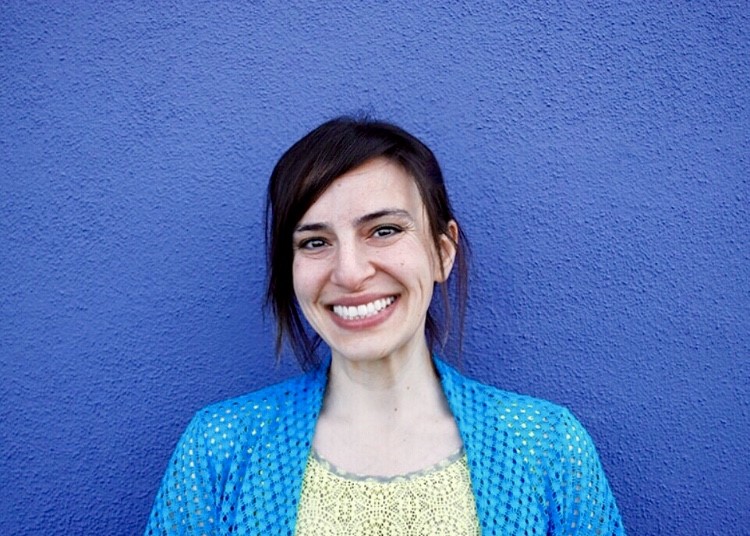Episode Four
 Title: Beyond Techniques: A Phenomenological Approach to Inclusive Teaching
Title: Beyond Techniques: A Phenomenological Approach to Inclusive Teaching
This webinar will examine faculty perception of the purpose of STEM according to their students. Does their understanding align with their students'? Participants will explore concrete, evidence-informed strategies to (1) align what students expect from their education with what faculty think; (2) transform the classroom, virtual or in-person into a sanctuary where all students can explore life, the inner and the outer; (3) create a meaning-centered education which is grounded in love of knowledge and humanity.
Facilitator: Mays Imad is a neuroscientist and professor of Pathophysiology and Biomedical ethics at Pima Community College, the founding coordinator of the Teaching and Learning Center, and a Gardner Institute Fellow. Dr. Imad’s current research focuses on stress, self-awareness, advocacy, and classroom community, and how these relate to cognition, metacognition, and, ultimately, student learning and success. Through her teaching and research, she seeks to provide her students with transformative opportunities that are grounded in the aesthetics of learning, truth-seeking, and self-realization.
EDSIN (Environmental Data Science Inclusion Network), B(ui)LDS (Biological Universal and Inclusive Learning in Data Science, BLUE (Biodiversity Literacy in Undergraduate Education), iDigBio (Integrated Digitized Biocollections), and QUBES (Quantitative Undergraduate Biology Education and Synthesis) are organizing a new webinar series entitled “Inclusive Teaching Practices in STEM Education.” The purpose of this series is to initiate discussion on topics related to inclusive teaching practices while building community among a diversity of STEM disciplines interested in creating a more inclusive learning environments for undergraduate students. Our partners represent very different communities in the world of STEM, but we are all really interested in fostering more diverse and inclusive communities, so one goal of this project is to raise awareness of the existing knowledge base and resources that exist.
Find out more about the series here.







